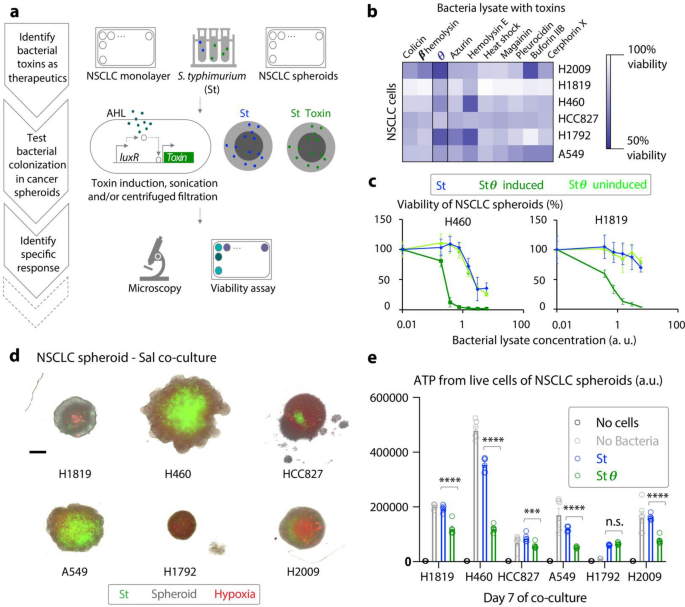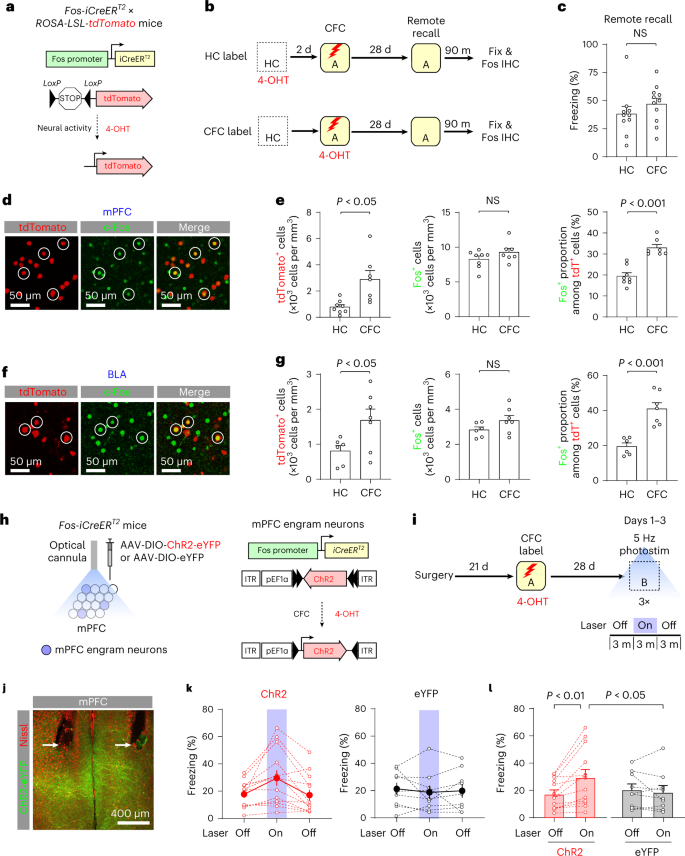コロンビアの生物医学エンジニアが、細菌治療薬と医薬品を組み合わせた初の治療戦略を発明。 Columbia biomedical engineers invent first therapeutic strategy to combine bacterial therapeutics with pharmaceutical drugs.
2022-12-23 コロンビア大学
コロンビア工学部の研究者らは、肺がんモデルにおける細菌治療の特性を評価するための前臨床評価パイプラインを開発したと報告しています。2022年12月13日、Scientific Reportsに掲載された彼らの新しい研究は、細菌療法を他の治療様式と組み合わせて、毒性を追加することなく治療効果を向上させるものです。この新しいアプローチは、細菌療法の特徴を迅速に把握し、肺がんの現在の標的治療とうまく統合することができました。
研究チームは、RNAシーケンスを用いて、細胞レベル、分子レベルで、がん細胞がバクテリアにどのように反応しているのかを発見しました。そして、がん細胞のどの分子経路が、細菌療法に対する耐性を高めるのに役立っているのか、仮説を立てたのである。この仮説を検証するため、研究者らは、現行の抗がん剤でこれらの経路を遮断し、抗がん剤と細菌毒素を併用した方が肺がん細胞の除去に効果的であることを示しました。彼らは、肺がんモデルマウスを例にして、細菌療法とAKT阻害剤の組み合わせを検証した。
デブは、治療が困難な肺癌の前臨床モデルにおけるより大規模な研究へと戦略を拡大し、臨床医と協力して、臨床応用への後押しをすることを計画しています。
<関連情報>
- https://www.engineering.columbia.edu/news/new-bacterial-therapy-approach-treat-lung-cancer
- https://www.nature.com/articles/s41598-022-26105-1
非小細胞肺がんにおける人工細菌治療薬の併用療法の設計 Design of combination therapy for engineered bacterial therapeutics in non-small cell lung cancer
Dhruba Deb,Yangfan Wu,Courtney Coker,Tetsuhiro Harimoto,Ruoqi Huang & Tal Danino
Scientific Reports Published:13 December 2022
DOI:https://doi.org/10.1038/s41598-022-26105-1

Abstract
Synthetic biology enables the engineering of bacteria to safely deliver potent payloads to tumors for effective anti-cancer therapies. However, a central challenge for translation is determining ideal bacterial therapy candidates for specific cancers and integrating them with other drug treatment strategies to maximize efficacy. To address this, we designed a screening and evaluation pipeline for characterization of bacterial therapies in lung cancer models. We screened 10 engineered bacterial toxins across 6 non-small cell lung cancer patient-derived cell lines and identified theta toxin as a promising therapeutic candidate. Using a bacteria-spheroid co-culture system (BSCC), analysis of differentially expressed transcripts and gene set enrichment revealed significant changes in at least 10 signaling pathways with bacteria-producing theta toxin. We assessed combinatorial treatment of small molecule pharmaceutical inhibitors targeting 5 signaling molecules and of 2 chemotherapy drugs along with bacterially-produced theta toxin and showed improved dose-dependent response. This combination strategy was further tested and confirmed, with AKT signaling as an example, in a mouse model of lung cancer. In summary, we developed a pipeline to rapidly characterize bacterial therapies and integrate them with current targeted therapies for lung cancer.

